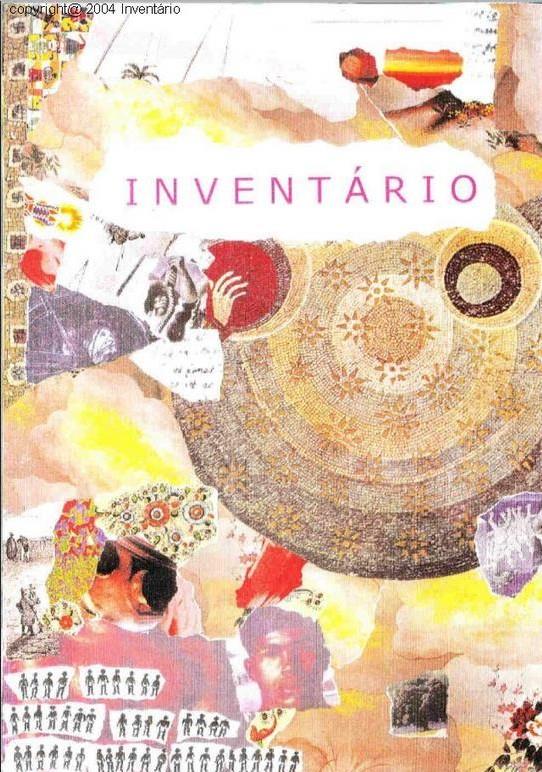ENTRE A CRUZ E O RIFLE
O TRÁGICO EM "PEDRA BONITA" E "CANGACEIROS"
Abstract
Regionalism delves into the unique and distinctive features of a particular region, especially those found in the countryside. Its primary objective is to construct immediate and realistic representations of the local setting, capturing its essence and cultural nuances. However, Brazilian Regionalism often falls victim to being perceived merely as a reflection of the local reality, lacking deeper analysis. Within this perspective, the profound emotional conflicts faced by the characters tend to be overlooked by literary critics. Therefore, the tragic potential of these narratives becomes diluted, reducing emotions to mere consequences of the characters' actions rather than recognizing them as essential driving forces behind the events. In an attempt to shed light on the tragic elements within Brazilian Regionalism, this research endeavors to offer a comprehensive analysis of two of José Lins do Rego's notable novels: Pedra Bonita (1938) and Cangaceiros (1953). By closely examining the emotional landscapes of the characters and the intricacies of their struggles, this study aims to unveil the profound depth of their experiences.







